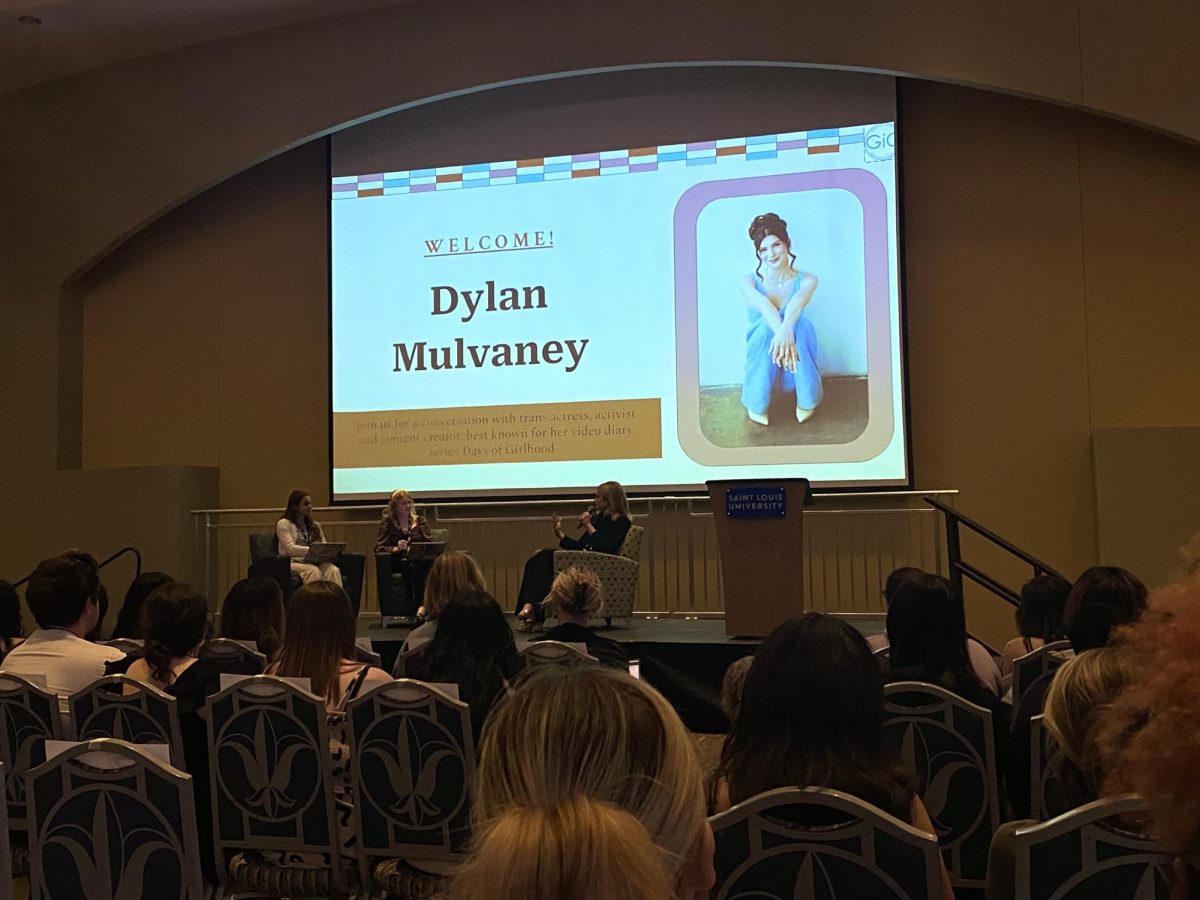A vaccine for AIDS could come sooner with the help of the HIV Vaccine Trials Unit (HVTU) grant given to Saint Louis University by the National Institutes of Health (NIH).
The 8.5 million dollar grant will be awarded to the Center for Vaccine Development over a time span of five years.
According to Dr. Robert Belshe, MD, director of the division of infectious diseases and center for vaccine development the grant will continue to fund clinical trails with investigational vaccines designed to prevent HIV infections.
“Companies or scientists at NIH develop a new vaccine that they think might stimulate immune responses and prevent AIDS infections,” said Belshe. “They give that to us, and we design a protocol that the clinical trial tests.”
In getting the grant a proposal was needed. SLU proposed to continue to conduct clinical trails with HIV vaccines, a scientific plan which include topics such as detail methods used for conducting trials, clinical methods, recruiting volunteers and ensuring safety of volunteers. SLU also proposed laboratory backup and a budget to carry out the scientific plans.
Every year there must be an annual report made to the government on the progress of the clinical trails. In addition, a report to the scientific community of the results.
The grant began on July 1 according to Heidi Israel, clinic coordinator for the center for vaccine development.
“Studies are going well. There’s lots of cooperation, and we’re getting good recruiting,” said Israel.
There are a few steps in volunteering for the clinical trials. A first visit involves giving information and a signature for a screening of the blood.
The blood is then drawn to make sure that it is healthy and has no HIV. During the second visit the volunteer looks at the results of the screening, receives information again, and must pass a quiz. If the volunteer passes the quiz and still agrees to continue, he must sign a consent form.
The vaccine is three times once every three months. Blood is drawn before and after each vaccine to test antibodies and other tests. The volunteer will have a diary card to record any symptoms such as fever or a sore arm.
“If everything works right and we have the perfect vaccine it will be at least five years before we would have the first vaccine. But the first vaccine may not be the right one,” said Belshe. “I expect it to be at least five years but perhaps longer, perhaps 10 years before we have an effective AIDS vaccine.
“The staff believes a vaccine is possible,” said Israel.
The current vaccine to be studied is called Canary Pox Vector.
“Canary Pox is a virus of canaries that doesn’t infect man but when injected in the muscle of mammals, including man, it expresses proteins. Pox virus carries extra genetic carry-ons and it has been genetically engineered to carry a few proteins of HIV-ones we think are important to immunity,” said Belshe. “Canary Pox is a recombinant virus. When subjected in muscle we hope it gets a good immune response to HIV.”
According to Israel this study will begin in October this year.
The goal is to develop a safe and effective AIDS vaccine.
“There are many steps along the way to develop a vaccine and the big question now is ‘What kind of immune response do we need to generate to prevent HIV?'” said Belshe. “Clinical trials are needed to answer that question.”






